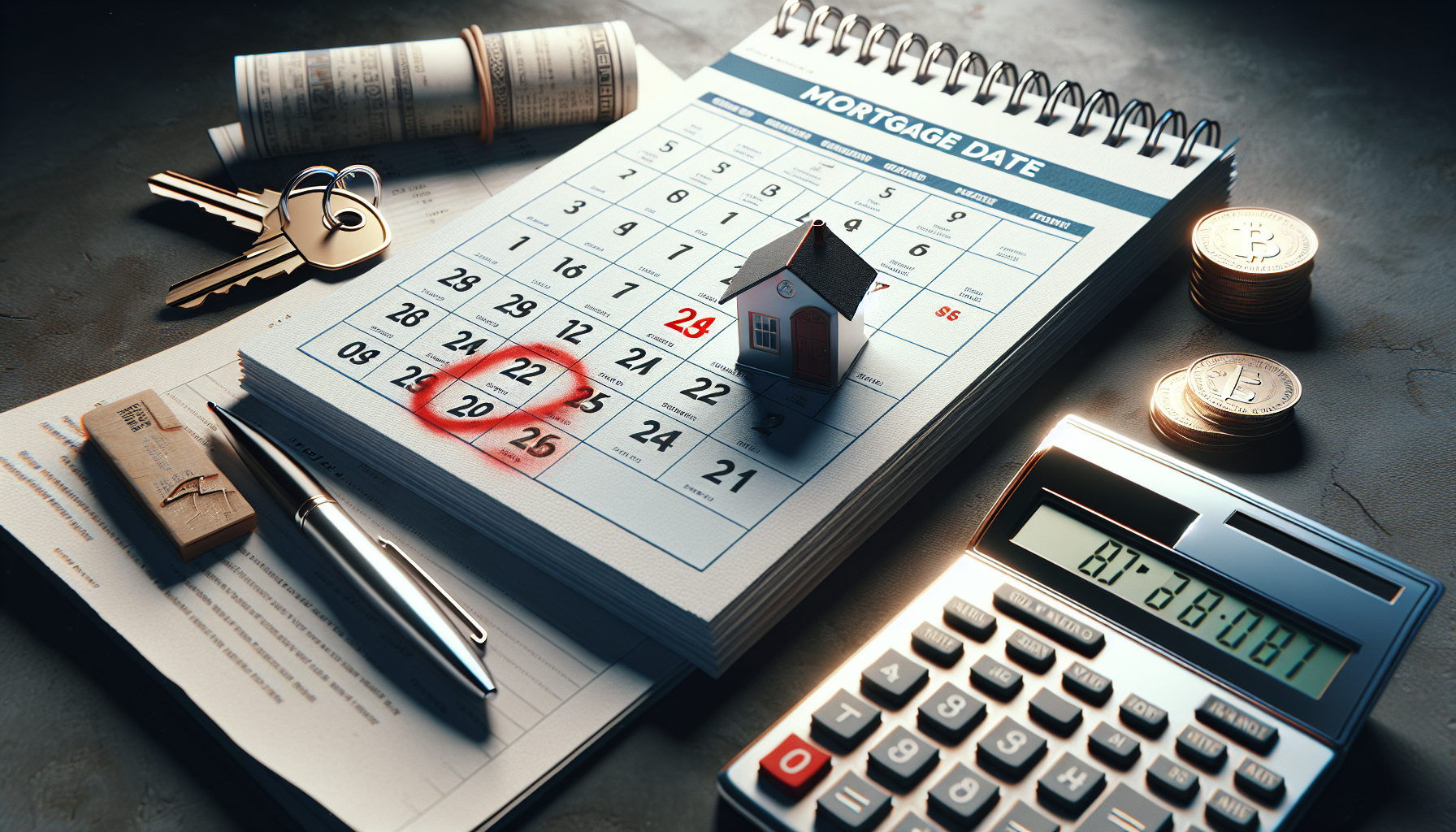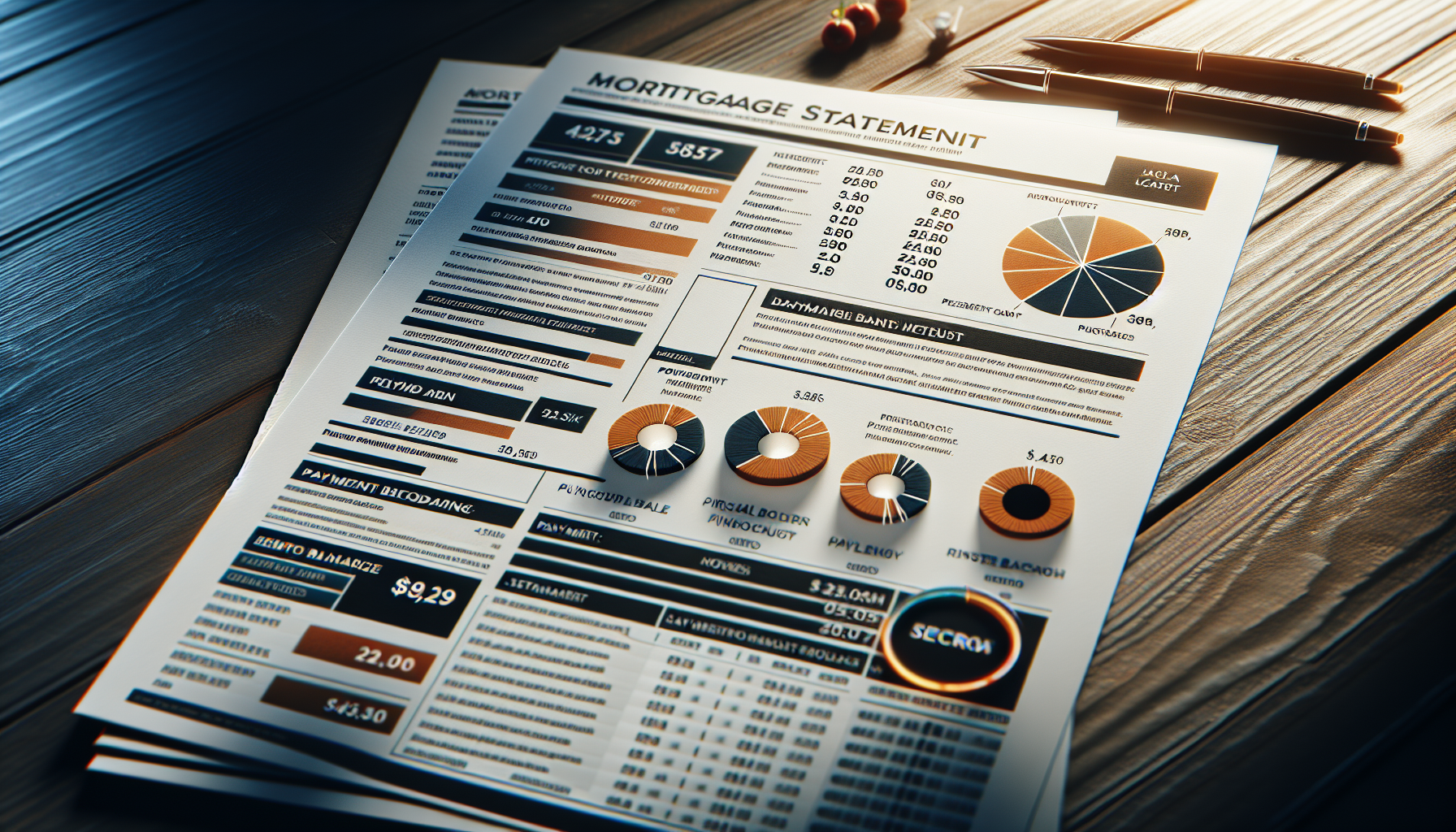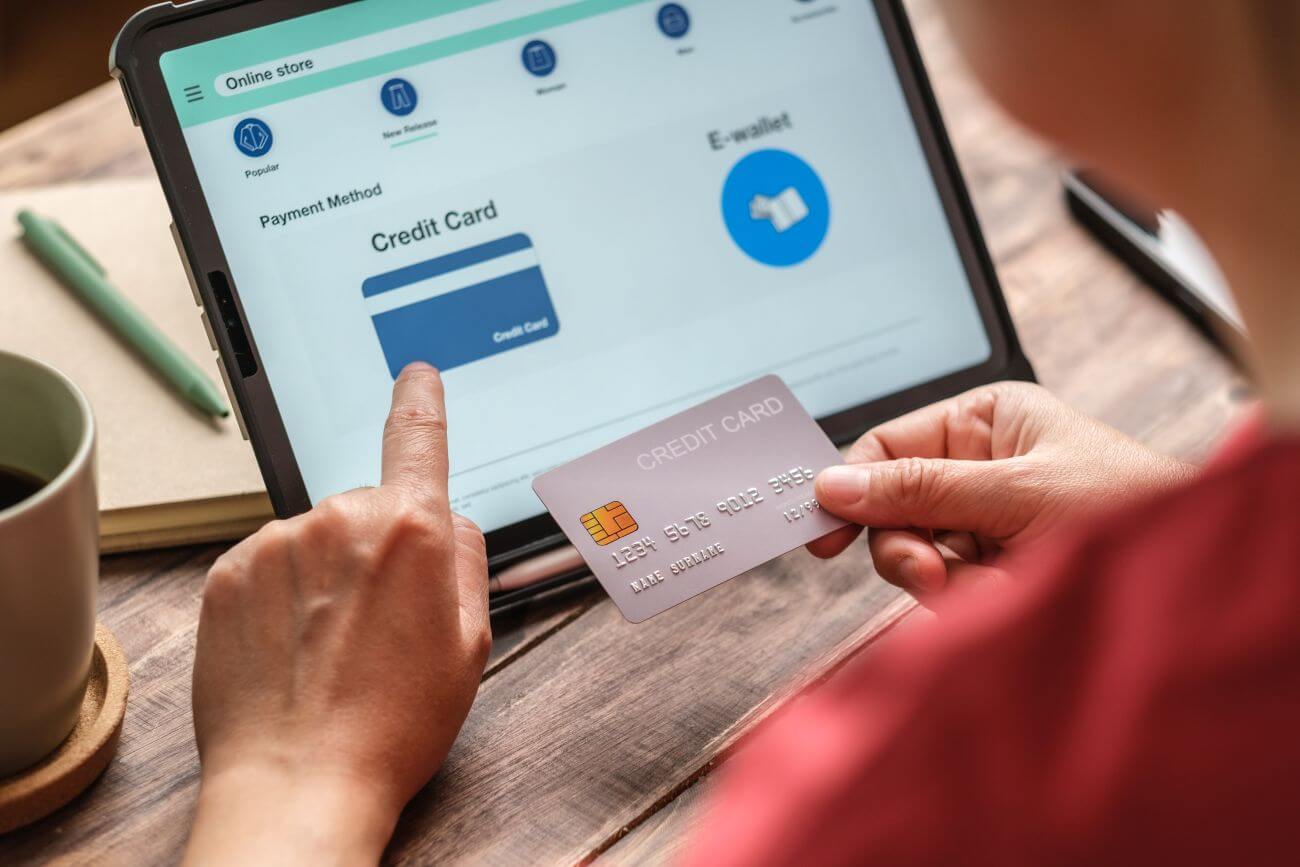Buying a home is an exciting milestone, but it also comes with new financial responsibilities, such as making your monthly mortgage payments. One of the most common questions new homeowners have is when their first mortgage payment is due. Understanding your payment due date and what goes into your monthly mortgage payment is crucial for managing your finances and avoiding any late fees or negative impacts on your credit score.
Understanding Your First Mortgage Payment Due Date
When to Expect Your First Mortgage Payment
Your first mortgage payment is typically due about one full month (30 days) after your closing date. For example, if you closed on your home on October 15, your first payment would be due on December 1. This is because mortgage payments are paid in arrears, meaning that you’re paying for the previous month’s interest and principal, not the current month.
It’s important to note that your first payment may be slightly larger than your regular monthly payments because it includes interest accrued from the date of closing through the end of the month. This information will be detailed in your First Payment Letter, which you should receive at closing.
Factors Affecting Your First Mortgage Payment Date
The exact date of your first mortgage payment can be affected by your closing date and whether you prepaid any interest at closing. If you close near the end of the month, your first payment might not be due until the following month. For instance, if you closed on April 25, your first payment could be due on June 1.
Additionally, some lenders may allow you to prepay interest at closing, which could push your first payment date to the second month after closing. Be sure to discuss these options with your lender and carefully review your closing disclosure to understand when your first payment is due.
What Makes Up Your Monthly Mortgage Payment
Breaking Down PITI: Principal, Interest, Taxes, and Insurance
Your monthly mortgage payment consists of four main components, often referred to as PITI:
- Principal: The portion of your payment that goes toward paying down the original loan amount.
- Interest: The cost of borrowing money from your lender.
- Taxes: Property taxes that are typically paid into an escrow account and disbursed by your lender.
- Insurance: Homeowners insurance and possibly private mortgage insurance (PMI) if your down payment was less than 20%.
Understanding these components can help you better plan for your monthly expenses and ensure that you’re prepared to make your mortgage payments on time.
Understanding Your Mortgage Amortization Schedule
Your mortgage amortization schedule breaks down how much of each monthly payment goes toward paying off your principal balance and how much goes toward interest. In the early years of your mortgage, a larger portion of your payment will go toward interest, while more of your payment will be applied to the principal as you near the end of your loan term.
Knowing your amortization schedule can help you understand how your payments are allocated and how you can save on interest over the life of your loan by making extra principal payments when possible.
Making Your First Mortgage Payment
Payment Methods for Your Mortgage
Most lenders offer several convenient options for making your mortgage payments:
- Online payment: Many lenders allow you to make payments through their website or mobile app using your checking account or a debit card.
- Automatic payment: Setting up automatic payments can help ensure that you never miss a due date and may even qualify you for a slight interest rate reduction with some lenders.
- Check payment: While not as common, you can usually mail a check to your lender. Be sure to include your mortgage account number and allow plenty of time for delivery.
Choose the payment method that works best for your financial situation and preferences, but be aware of any fees associated with certain payment options.
Tips for Making Timely Mortgage Payments
To avoid late fees and potential damage to your credit score, consider these tips for making timely mortgage payments:
- Set up automatic payments to ensure you never forget a due date.
- Pay early if you have the funds available, as this can help reduce the amount of interest you pay over the life of your loan.
- Budget carefully and prioritize your mortgage payment to avoid falling behind.
If you do find yourself struggling to make a payment, contact your lender as soon as possible to discuss your options.
Dealing with Late or Missed Mortgage Payments
Consequences of Late or Missed Payments
Late or missed mortgage payments can have serious consequences, including:
- Late fees: Most lenders charge a fee if your payment is received after the due date and grace period (usually 15 days).
- Credit score impact: Late payments can be reported to credit bureaus and negatively impact your credit score, making it harder to secure future loans or favorable interest rates.
- Foreclosure: If you continue to miss payments, your lender may begin the foreclosure process, which could result in losing your home.
It’s crucial to communicate with your lender if you’re experiencing financial difficulties to avoid these consequences and explore potential solutions.
Options for Mortgage Payment Assistance
If you’re struggling to make your mortgage payments, you may have several options for assistance:
- Contact your lender: Reach out to your lender to discuss your situation and potential solutions, such as a temporary reduction in payments or a loan modification.
- Loan modification: A loan modification permanently changes the terms of your mortgage to make payments more affordable.
- Repayment plan: If you’ve fallen behind on payments, a repayment plan allows you to catch up by adding a portion of the past-due amount to your regular monthly payments over a set period.
Remember, the earlier you address any issues with your mortgage payments, the more options you may have for resolving them.
Understanding when your first mortgage payment is due and what goes into your monthly payment is essential for successfully managing your home finances. By staying informed, communicating with your lender, and exploring assistance options if needed, you can ensure that you stay on track with your mortgage payments and enjoy the benefits of homeownership.
See also:








Leave a Reply